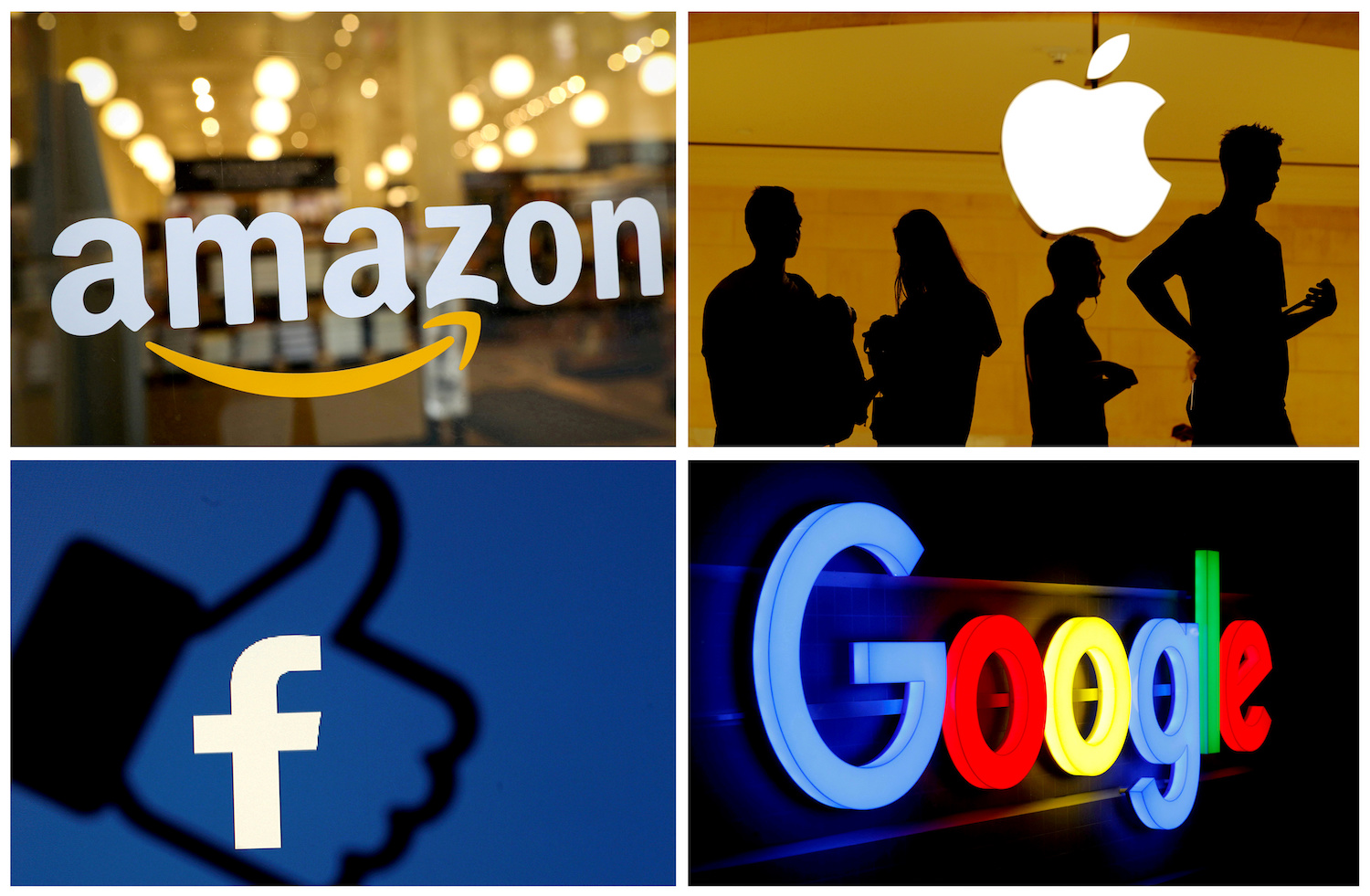(ATF) Big Tech firms reacted quickly to the Trump-inspired riot in Washington last week, but their move to cut access to social media platforms for the departing president and his political allies may bring a short-term political benefit that is accompanied by long-term negative financial consequences.
President Trump showed his trademark defiance of political norms on Tuesday January 12 when he spoke to reporters on his way to an event designed to showcase his progress in building a wall on America’s border with Mexico.
Trump called his speech the week before urging his supporters to march on the Capitol ‘”totally appropriate”.
He also condemned steps by Twitter and Facebook to remove him from their social media platforms. “It causes a lot of problems and a lot of anger. There’s always a counter-move when they do that,” Trump said.
The implications of a de-platforming push that has also seen an effective shutdown of social media site Parler by Amazon are alarming politicians and market participants who are not allies of Trump.
German Chancellor Angela Merkel expressed concern about unilateral decisions by Big Tech firms on who has access to social media, while analysts began to wonder about the financial implication of what could be interpreted as an admission that technology firms are responsible for output on their platforms and are prepared to limit their use.
Louis-Vincent Gave, the co-founder of research firm Gavekal, published a note on Tuesday January 12 asking: “Did Big Tech just jump the shark?”
Negative implications
He pointed to four reasons why the de-platforming could have negative implications for major US technology companies.
One is that Big Tech companies have come to dominate US equity indices because they combine expected growth with a perceived status as “long duration” assets that will generate enormous positive cash flow over prolonged periods.
“So, does it really make sense for large social media companies to anger a substantial segment of the Republican party? In essence, aren’t they making a bet that the GOP will never return to power?” Gave asked.
“The second reason to think the no-platform purge may be bad business is that companies like Facebook, Twitter or Google thrive when the largest possible number of people use the services they offer,” he added. “If conservatives, who still make up a significant part of the population in most Western democracies, no longer feel welcome on Twitter, Facebook or even Google, isn’t there a danger the network effect might start to work in reverse for these companies?”
A third – and related – reason is that social media companies thrive on engagement, which could be reduced by bans.
The fourth reason cited by Gave is that with a ban on providing services to Parler, a platform that had become popular with Trump supporters in the US, Big Tech may have highlighted to mainstream corporate executives how reliant they have become on single technology providers.
“In the past, being wholly dependent on Apple, Microsoft, or Amazon might have never crossed the CEO’s desk as a potential risk. But will this still be the case? Will the CEO of an oil company now have to worry that the employees of Amazon or Microsoft could demand that tech companies stop servicing ‘non-green’ companies? What about the CEO of a right-leaning newspaper? Or of a fast-food chain?” asked Gave, who has been based in Hong Kong for much of his career after starting work as an analyst in his native France.
The extent to which the recent change in tactics by Big Tech firms may help to dampen what was expected to be a tougher approach to regulation by the Biden administration and a Democratic-controlled Congress will take some time to emerge.
There is little sign of immediate concern by technology stock investors about either fresh regulation or a threat to future revenues from a fracturing of social media markets.
Twitter stock fell by 2.5% on Tuesday January 12, and Facebook dipped by -2.24%, but Google parent Alphabet was down by only 1% and Amazon rose by +0.25%.
























